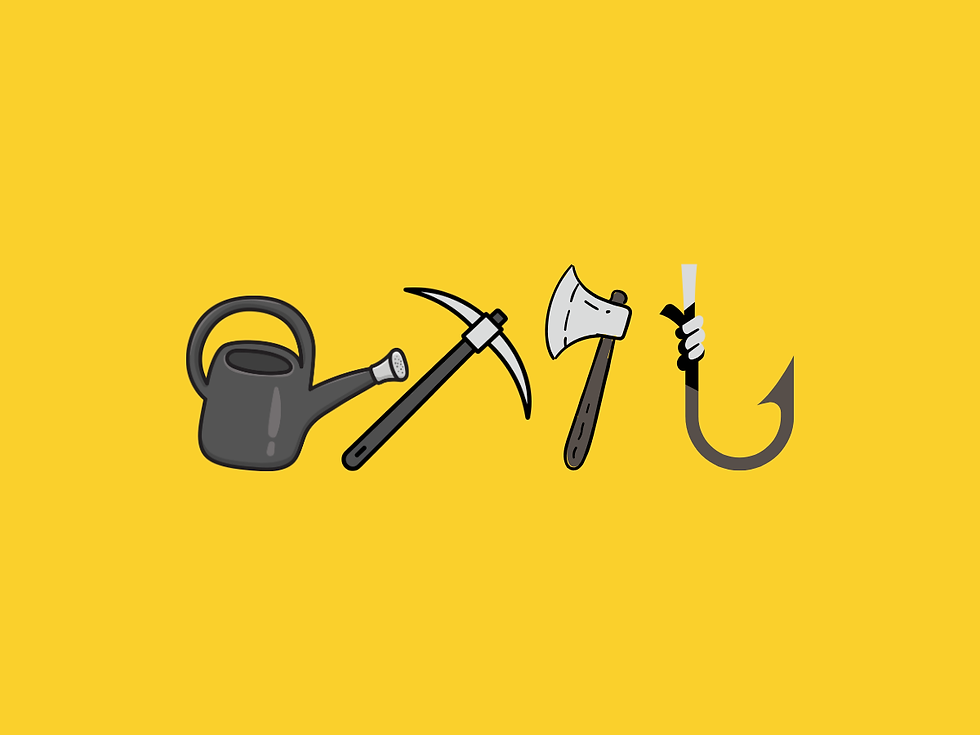Commitment
- Shum
- Feb 19, 2023
- 2 min read
This entire post is centred around two connected ideas.
The first is a general truth about how the world works:
Commitment leads to compounding.
The second highlights a force that's fighting against the first, and it's a quote that I absolutely love:
A world with abundant opportunities encourages poverty of commitment.
Shane Parrish, Brain Food Newsletter
On the surface, this seems like a challenging puzzle.
We like to have choice.
And yet, if we keep choosing new things, we risk losing the magic of compound effects.
I'd like to offer a different framing of this, which may allow us to experience both choice and compounding at the same time.
It involves exploring what exactly we are committed to.
Let's take the example of reading books.
What kind of reader are you:
If I start a book, I am committed to finishing it, even if it isn't resonating with me.
If I start a book and it isn't resonating with me, I ditch it like a hot potato.
If you say, well it depends on the book, then you're #2.
On the surface, which person is more committed?
Well, doesn't it depend on what exactly we are committed to?
Being committed to the act of reading books has compound effects, because as I said at the beginning, commitment leads to compounding.
Now back to our original puzzle:
How do we continue to have choice, without having to risk losing the magic of compound effects?
Decide on what you are committing to.
The more zoomed-out your commitment, the easier it is to commit.
Reading this particular book (zoomed in) v.s. reading in general (zoomed out).
I'd like to end with a different take on Shane Parrish's quote from earlier:
Once you know what you're committing to, the world is full of abundant opportunities.




Comments